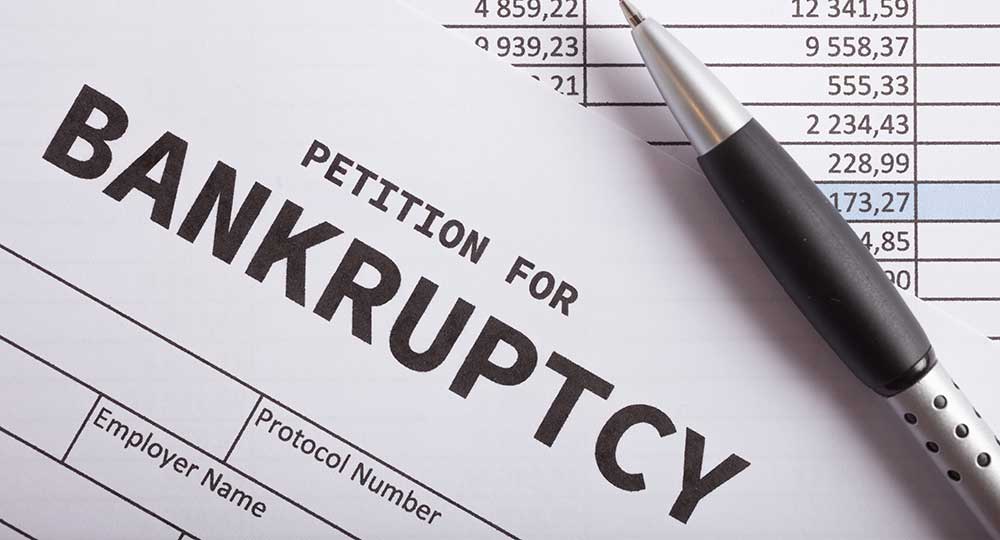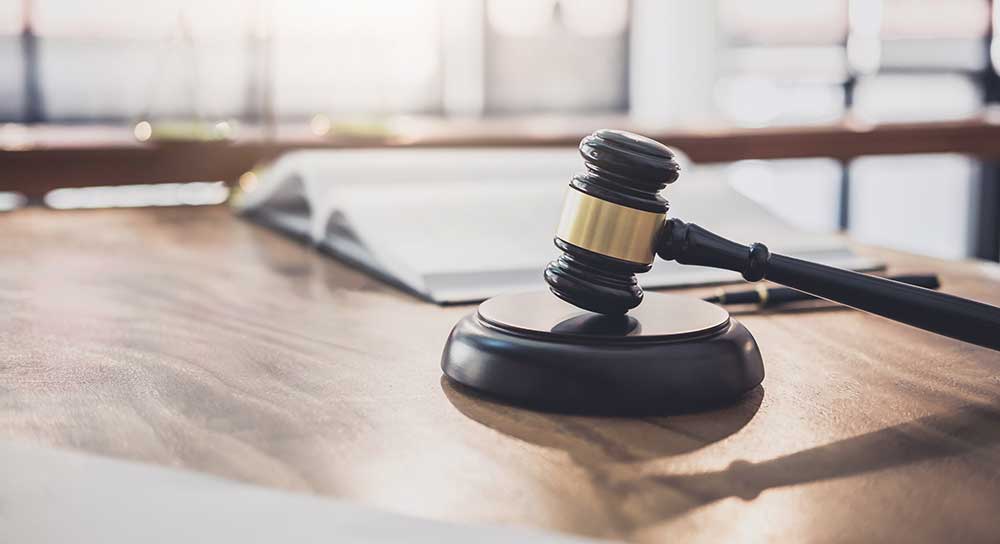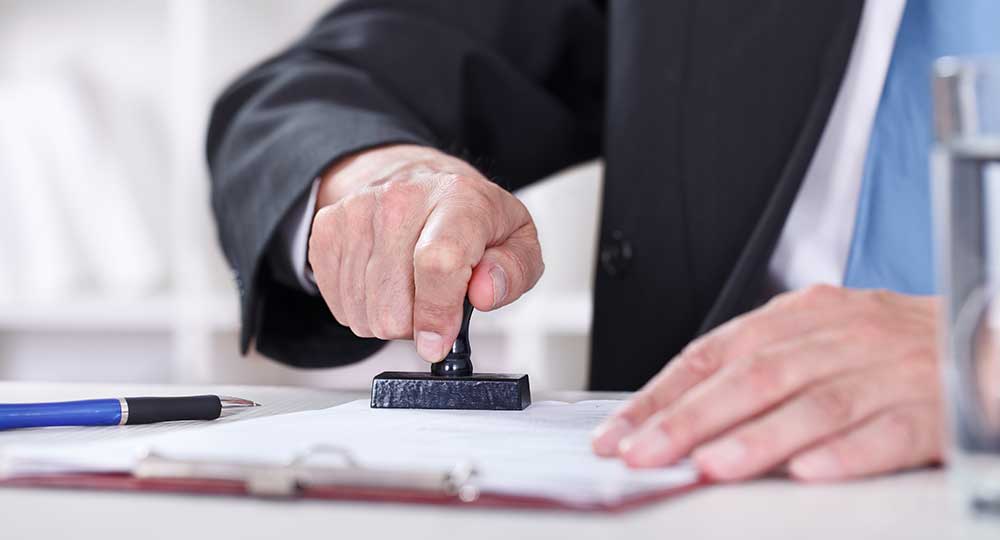Personal income tax is a tax that governments impose on individuals’ income generated from various sources. These sources include employment wages, business profits, dividends, interest, royalties, and rental income.
In Malaysia, income tax is administered by the Inland Revenue Board of Malaysia (LHDN). The tax rates in Malaysia are progressive, ranging from 0% to 30%, depending on the individual’s income bracket.
Individuals earning less than RM34,000 per annum after deducting the RM9,000 basic personal exemption are not required to pay income tax. This means you will not be taxed if your chargeable income (total taxable income after all exemptions and deductions have been applied) is less than RM34,000.
Self-Assessment System (SAS)
Malaysia practices a Self-Assessment System (SAS) for individual taxpayers. It is a system that places the onus on the taxpayer to assess their income, calculate their tax liability, and make the necessary payments without direct intervention from the tax authority.
Claiming for Tax Relief
Claiming for tax relief is an integral part of the SAS. Tax reliefs are deductions that can be claimed to reduce taxable income, thereby lowering the amount of tax payable. In Malaysia, various categories of tax relief are available to individuals, such as relief for personal and dependent expenses, education and medical expenses, and savings and investments.
These reliefs aim to lessen the tax burden of individuals, especially those in the middle and lower income brackets. Below, we break down the personal tax reliefs every taxable Malaysian should claim as stipulated in the Income Tax 1967 (“ITA”).
(1) Personal Relief [Section 46(1)(a)]
A person who lives in Malaysia and a Hindu joint family gets RM9,000 in automatic personal relief. As long as the person is taxed, they will automatically be entitled to this personal relief. Such relief is also given to a minor.
(2) Medical treatment, special needs, and carer expenses for parents [Section 46(1)(c)]
Tax relief for medical costs paid for parents, or special needs and carer expenses, is capped at RM8,000, or the actual expenditure, whichever is less. Claims must be backed up by a doctor or other medical practitioner receipt that certifies the parents required medical treatment.
When the costs are split between more than one child, each child gets to claim the amount of their contribution if they attach sufficient proof. This medical expenditure also includes nursing home charges.
(3) Purchase of essential supporting equipment for disabled self, spouse, child, or parent [Section 46(1)(d)]
An individual can receive up to RM6,000 in relief for the purchase of any necessary essential supporting equipment for:
- Their use if they are a disabled person; or
- For the use of their spouse, child, or parent who is a disabled person
When a wife is taxed individually, she may claim a deduction for the cost of any essential basis-supporting equipment she purchases for herself or for any of her parents who are disabled persons.
According to Section 45(2), only the husband can claim a deduction for purchasing equipment for his parents when the wife’s income is assessed in her husband’s name.
(4) Disabled Person Relief [Section 46(1)(e)]
A disabled person is eligible for an additional relief of RM6,000 on top of the RM9,000 relief provided under Section 46(1)(a), as was previously mentioned. Thus making them entitled to a maximum relief of RM15,000.
(5) Education Fees [Section 46(1)(f)]
As a relief for education fees, a person can claim a relief maximum of RM7,000 for:
- Any course of study in any institution in Malaysia recognised by the Government and
- Courses undertaken to acquire technical, vocational, or industrial skills.
Relief for this category has been expanded to include law, Islamic finance and accounting courses enrolled at recognised institutions of higher learning or professional bodies in Malaysia that are recognised by the Government and approved by the Ministry of Finance.
To claim this relief, remember you will need the original receipt of the course fees paid to an institution.
(6) Medical Expenses for Serious Disease [Section 46(1)(g)]
An amount limited to RM8,000 is allowed as relief concerning medical expenses an individual spends on himself, his wife or a child suffering from a severe disease. This includes complete medical treatment, fertility treatment for both husband and wife and an approved vaccination limit restricted to RM1000.
With effect from 2022, the scope of relief for medical examination is expanded to include COVID-19 detection tests and mental health examination or consultation.
(7) Purchase of Books, Journals and Magazines [Section 46(1)(p)]
A relief of up to RM2,500 for the cost of buying books, journals, magazines, and other similar publications to enhance knowledge, either for one’s use or for the benefit of his wife or child, as shown by receipts for the purchase.
(8) Purchase of Personal Computer [Section 46(1)(t)]
With effect from the year of assessment of 2020, the relief for purchasing a computer for up to RM2,500 is given. In the case of a separate evaluation, each spouse is eligible to claim the relief. If it is a combined assessment, such an expense is deemed incurred by the spouse who pays income tax.
(9) Sports Equipment [Section 46(1)(u)]
From assessment 2020, an individual tax relief of up to a maximum of RM500 a year is given towards purchasing sports and exercise equipment. This also includes payment of rental or entrance fees to any sports facility and gym membership.
(10) Child Relief [Section 48]
Residents who maintain a child are entitled to child relief under Section 48. The term “child” is defined in Section 48 (9) to mean:
- A legitimate child of the individual or his wife;
- A stepchild of the individual or his wife; or
- An adopted child that has been adopted following the law.
In general, a person can apply for child relief as follows:
- For each child below the age of 18, parents are allowed to claim RM2,000 annually.
- For each child aged 18 and above in full-time education (A-levels, foundation, preparatory course, and pre-university), parents can claim RM2,000 annually.
- For each child studying within Malaysia for a diploma or higher, parents can claim RM8,000 annually.
- For each child studying outside Malaysia for a degree or higher, parents can claim RM8,000 annually.
- For each disabled child, parents can claim RM6,000 annually, irrespective of age.
- For each disabled child in higher education, parents can claim RM14,000 annually.
- Child care fees to a registered child care centre/ kindergarten for a child below 6 years of age, parents can claim up to RM3,000 annually
(11) Purchase of breastfeeding equipment [Section 46(1)(q)]
While Section 46(1)(q) of ITA stipulates that a maximum claim of RM1000 for every two years will be given for the purchase of breastfeeding equipment to breastfeed a child of fewer than two years, the equipment includes a breast pump kit with an ice pack, a cooler set or cooler bags, and equipment for collecting and storing breast milk.
(12) Relief for Insurance Premium and Contributions
A range of tax relief options can be claimed for:
- Contributions paid towards an approved fund and insurance premiums.
- Expenditures for health and educational insurance.
Now, let’s examine who can benefit from these tax relief options:
- If you are a retired public servant receiving a pension and do not contribute to the EPF or any other approved schemes, you can avail tax exemptions up to RM7,000 on your life insurance premiums or Takaful contributions.
- Whether in the public or private sector, if your income has EPF deductions or contributions to another approved scheme, you are eligible for a tax relief of up to RM4,000. This benefit covers even self-contributions to your EPF without contributions from your employer.
- If you are a public or private sector employee who does not contribute to the EPF or any other approved scheme, you can claim tax exemptions up to RM3,000 for your life insurance premium payments.
(13) Skim Simpanan Pendidikan Nasional (SSPN)
The Skim Simpanan Pendidikan Nasional (SSPN) is a savings scheme launched by PTPTN. Offering an up-to-4% annual dividend provides significant benefits to parents or contributors. You can qualify for tax relief up to RM8,000, dependent on the net deposit in your SSPN-i or SSPN-i Plus account in the applicable tax year.
(14) Domestic travel expenses
If you’re a Malaysian who has stayed in an accommodation accredited by the Commissioner of Tourism, have paid to enter a tourist attraction or bought a domestic tour deal from an authorised travel agent under the 1992 Tourism Industry Act, you’re in luck! You can claim a tax rebate of up to RM1,000.
(15) Expenses for Electric Vehicle (EV)
The Malaysian government has launched tax benefits for those using electric vehicles (EVs) to promote eco-friendliness and reduce carbon emissions.
This includes a tax relief of RM2,500 on expenses related to non-business EV charging facilities, such as costs for installation, equipment rental, hire-purchase, or subscription fees.
Conclusion
Understanding the various tax reliefs can result in significant savings come tax season. To qualify for the aforementioned tax relief, you must present records of your purchases, including statements, invoices, and receipts. This is important in case the authorities decide to audit you down the road. Should you require further clarification or assistance, don’t hesitate to seek advice from a professional financial advisor or legal expert to ensure you maximise your tax relief under Malaysian law.



